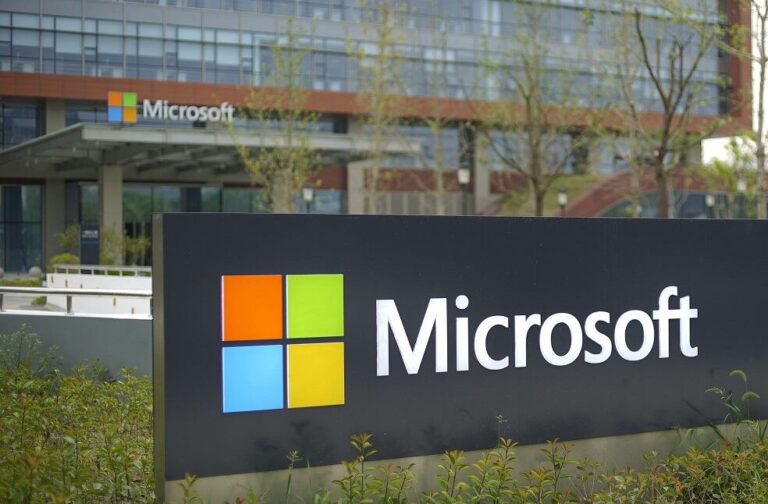United States: The United States and Microsoft have disclosed that critical US infrastructure networks have fallen prey to state-sponsored Chinese hackers. This alarming revelation raises concerns not only within the United States but also globally, as experts warn about the potential occurrence of similar espionage attacks worldwide.
Microsoft has drawn attention to the targeting of critical US infrastructure by Chinese state-sponsored hackers, with Guam, a crucial US territory housing a vital military outpost, specifically highlighted. However, Microsoft’s warning also indicates the detection of “malicious” activities occurring beyond Guam, raising alarm bells about potential breaches elsewhere in the United States.
According to a recent advisory by Microsoft, the Chinese hacking group known as “Volt Typhoon” has been actively operating since mid-2021. Microsoft’s findings indicate that this organization is specifically focused on disrupting the “critical communications infrastructure between the United States and Asia.”

“Microsoft assesses with moderate confidence that this Volt Typhoon campaign is pursuing development of capabilities that could disrupt critical communications infrastructure between the United States and Asia region during future crises,” the statement cited.
The impact of these attacks extends across various critical sectors, including communications, transportation, maritime industries, as well as government organizations. Microsoft warns that the Chinese hackers’ intentions pose a continued risk to American intellectual property, as they target sensitive and critical information from U.S. companies. This revelation aligns with previous instances of suspected Chinese state-sponsored hacking, such as the high-profile cyber intrusion of Covington and Burling, a prominent law firm, in 2020.
In a collaborative statement involving international and domestic intelligence services, the Cybersecurity and Infrastructure Security Agency (CISA) highlights the ongoing threat posed by Chinese attacks on American intellectual property. This joint declaration serves as a stark reminder of the need for robust cybersecurity measures, enhanced protection of sensitive data, and continued vigilance to safeguard critical infrastructure and intellectual property from state-sponsored cyber threats.



